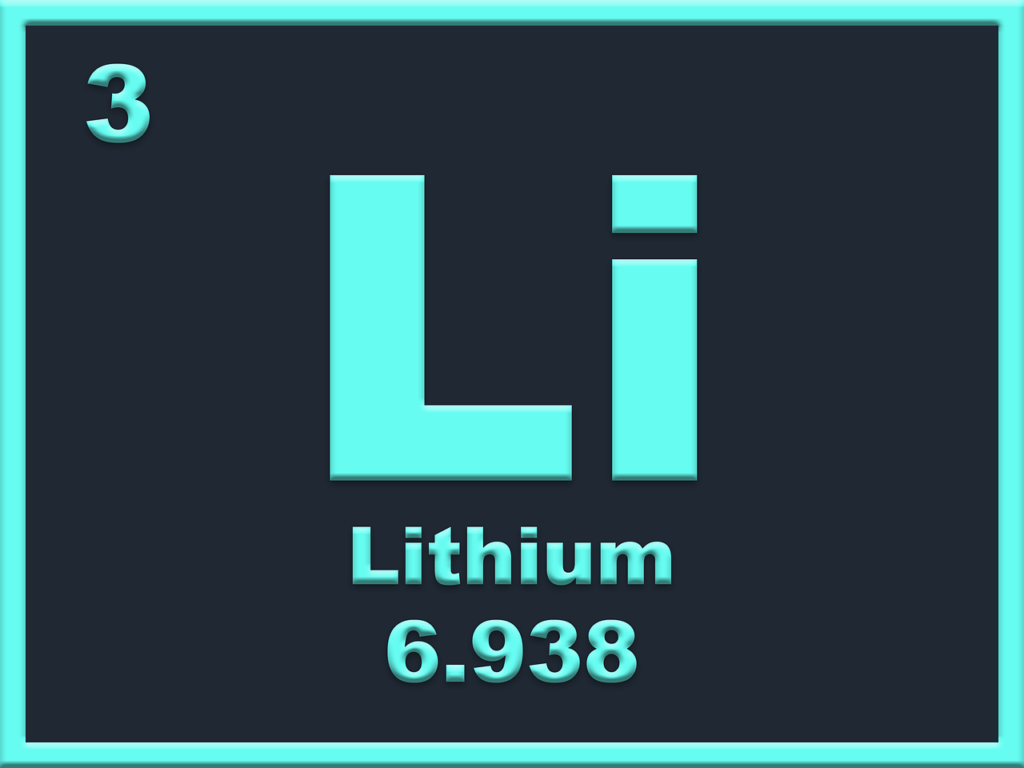
Scientists have discovered that lithium, a drug traditionally used to treat bipolar disorder and depression, could potentially be used to treat autism. Research conducted by the Institute for Basic Science (IBS) reveals that lithium can improve brain function and alleviate behavioural symptoms in animal models of autism caused by mutations in the Dyrk1a gene.
Autism is a developmental condition affecting 2.8% of the global population. Social challenges, repetitive behaviours, and intellectual difficulties characterize it. The significant impact on individuals and their families makes it crucial to find new treatment methods. Despite its prevalence, there are no definitive treatments for autism.
One crucial genetic factor associated with autism is mutations in the Dyrk1a gene, which can lead to symptoms such as small head size (microcephaly), language problems, and social disabilities. In mice with this mutation, researchers found that lithium could normalize brain size, improve neuron structure and function, and significantly enhance behaviours related to anxiety and social interaction. Remarkably, these positive effects lasted into adulthood, suggesting long-term benefits.
By analyzing proteins and their activities, researchers discovered that lithium’s therapeutic effects involve a molecule called Kalirin-7, which is essential for proper brain function. This breakthrough suggests that lithium helps restore balance in the brain’s communication networks, addressing core issues associated with autism.
Dr. Roh Junyeop, a senior researcher, likened the effects of lithium to clearing a traffic jam in the brain, allowing neurons to communicate smoothly. Director Kim Eunjoon emphasized that early intervention is crucial and that lithium’s effects highlight its potential as a treatment for autism.
Published in Molecular Psychiatry on December 5, this study offers hope for new therapeutic approaches, underscoring the importance of early diagnosis and intervention. It provides a promising outlook for families and individuals affected by autism.